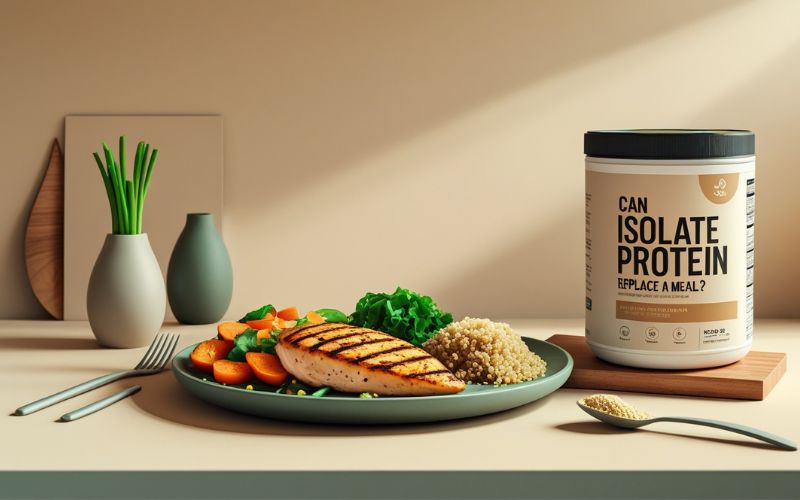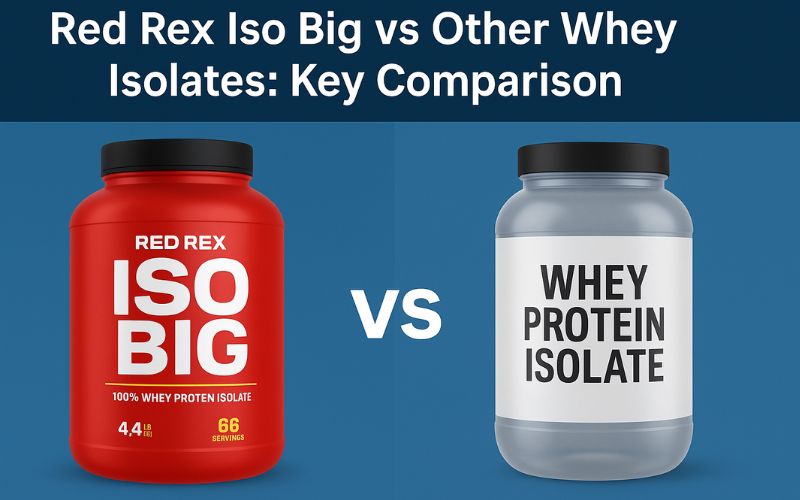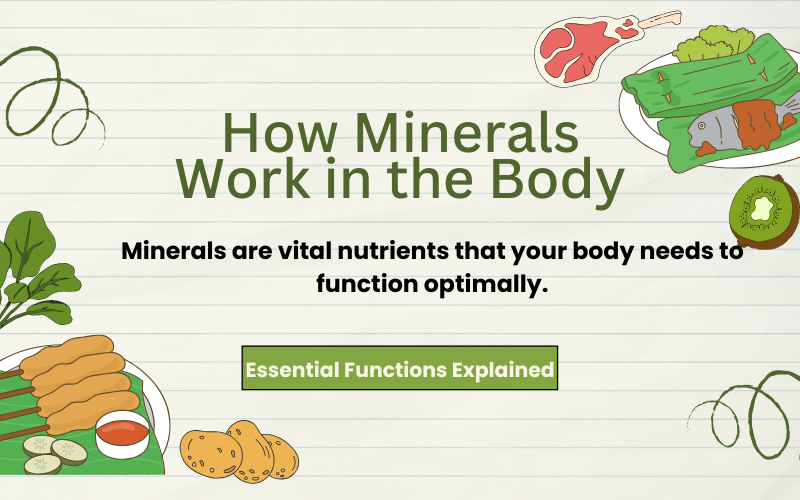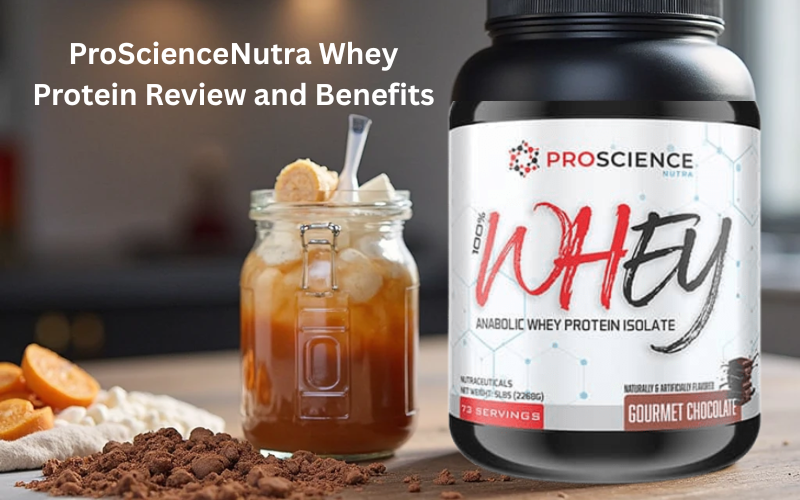Can Isolate Protein Replace a Meal? Pros and Cons Explained
Isolate protein, a high-quality protein source derived from whey or other natural sources, has gained popularity among fitness enthusiasts and health-conscious individuals. While it’s primarily marketed as a post-workout supplement, many wonder if it can effectively replace a meal. In this article, we will explore the pros and cons of using isolate protein as a meal replacement, delving into its nutritional benefits, limitations, and suitability for various lifestyles.
Understanding Isolate Protein
What is Isolate Protein?
Isolate protein is a refined form of protein that undergoes extensive processing to remove most fats, carbohydrates, and lactose. The result is a highly concentrated protein powder that contains 90% or more protein per serving. Common types of isolate protein include:
- Whey Protein Isolate: Derived from milk, it’s fast-digesting and rich in essential amino acids.
- Plant-Based Isolate: Made from sources like peas, soy, or rice, suitable for vegetarians and vegans.
Nutritional Profile of Isolate Protein
A standard serving of isolate protein typically provides:
- Protein: 20-30 grams
- Calories: 100-150
- Fats and Carbohydrates: Minimal amounts
- Micronutrients: Trace amounts, depending on the brand
Pros of Using Isolate Protein as a Meal Replacement
High Protein Content: Isolate Protein Meal Replacement
One of the main advantages of isolate protein is its high protein content, which supports muscle repair, growth, and overall health. This makes it a valuable option for those aiming to increase their protein intake without consuming extra fats or carbs.
Convenience and Portability
Isolate protein shakes are quick and easy to prepare, requiring only water or milk to mix. Their portability makes them a practical choice for busy individuals who need a meal on the go.
Low Calorie Option
For those aiming to manage their calorie intake, isolate protein offers a low-calorie alternative to traditional meals. It can help create a calorie deficit, which is essential for weight loss.
Digestibility
Whey protein isolate, in particular, is easy to digest and absorbs quickly, making it an excellent choice for post-workout recovery or when a quick protein source is needed.
Supports Weight Management
High-protein diets are associated with increased satiety and reduced hunger. Incorporating isolate protein as a meal replacement may help control cravings and prevent overeating.
Cons of Using Isolate Protein as a Meal Replacement
Lack of Comprehensive Nutrition
While isolate protein is rich in protein, it lacks essential nutrients like fiber, healthy fats, vitamins, and minerals that are found in whole meals. Relying solely on isolate protein can lead to nutritional deficiencies over time.
Limited Satiety
Protein shakes, even when made with isolate protein, may not provide the same level of fullness as a balanced meal containing whole foods. This can result in hunger soon after consumption.
Potential for Overuse
Excessive consumption of protein shakes may lead to:
- Kidney Strain: Particularly for individuals with pre-existing kidney conditions.
- Digestive Issues: Such as bloating or diarrhea in those sensitive to lactose or protein supplements.
Cost
High-quality isolate protein powders can be expensive compared to whole food options, making them less accessible for some individuals.
Artificial Additives
Many protein powders contain artificial sweeteners, flavors, and preservatives, which may not align with a preference for natural, whole-food-based diets.
Isolate Protein as a Meal Replacement: Suitability and Considerations
Situations Where Isolate Protein Can Be a Suitable Meal Replacement
Time Constraints
For individuals with limited time to prepare meals, isolate protein shakes can serve as a quick and efficient alternative. Adding ingredients like fruits, nuts, or oats can enhance the nutritional profile.
Weight Loss Goals
Replacing a calorie-dense meal with an isolate protein shake can support weight loss efforts by creating a calorie deficit while maintaining muscle mass.
Post-Workout Nutrition
After exercise, isolate protein can be an effective way to replenish amino acids and support muscle recovery, especially when combined with a carbohydrate source.
When Isolate Protein Should Not Replace a Meal
Nutritional Balance
Replacing meals with isolate protein too frequently can lead to an imbalanced diet. Whole foods provide a diverse array of nutrients essential for overall health.
Specific Health Conditions
Individuals with kidney issues or lactose intolerance should consult a healthcare professional before using isolate protein as a meal replacement.
Long-Term Sustainability
Solely relying on isolate protein shakes is not sustainable for most people and may lead to diet monotony or nutritional gaps.
Enhancing Isolate Protein Shakes for Meal Replacement
Adding Nutritional Value
To make isolate protein shakes more balanced, consider incorporating:
- Healthy Fats: Add nut butter, chia seeds, or avocado for sustained energy.
- Carbohydrates: Blend in fruits, oats, or honey for additional calories and nutrients.
- Fiber: Include flaxseeds, spinach, or psyllium husk to improve digestion and satiety.
- Micronutrients: Use fortified milk or add supplements like greens powder.
Sample Meal Replacement Shake Recipe
Ingredients:
- 1 scoop whey protein isolate
- 1 cup unsweetened almond milk
- 1 banana
- 1 tablespoon almond butter
- 1 tablespoon chia seeds
- Handful of spinach
- Ice cubes
Instructions:
- Add all ingredients to a blender.
- Blend until smooth.
- Enjoy immediately.
Final Thoughts: Should You Replace Meals with Isolate Protein?
While isolate protein can serve as a convenient meal replacement in certain situations, it should not become a permanent substitute for whole meals. Balancing isolate protein shakes with whole foods ensures that you receive a complete range of nutrients necessary for optimal health. If you choose to use isolate protein as a meal replacement, consider enhancing it with additional ingredients to make it more nutritionally complete.
Summary: Pros and Cons at a Glance
Pros:
- High protein content
- Convenient and portable
- Low calorie
- Easy to digest
- Supports weight management
Cons:
- Lacks comprehensive nutrition
- Limited satiety
- Potential for overuse
- Costly
- May contain artificial additives
Conclusion:
Isolate protein can be a helpful tool for meeting your protein needs and managing your diet, but it’s not a one-size-fits-all solution. Incorporating it strategically into your routine, while also focusing on a balanced diet of whole foods, is the key to long-term health and wellness.
If you’re looking for high-quality protein supplements and expert guidance to support your fitness journey, visit Syner Nutrition. Explore our range of premium products to meet your nutritional goals today!









Add comment